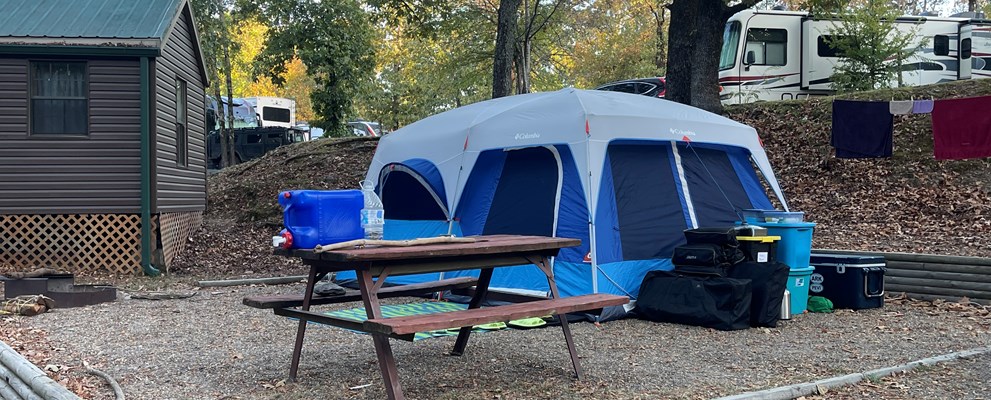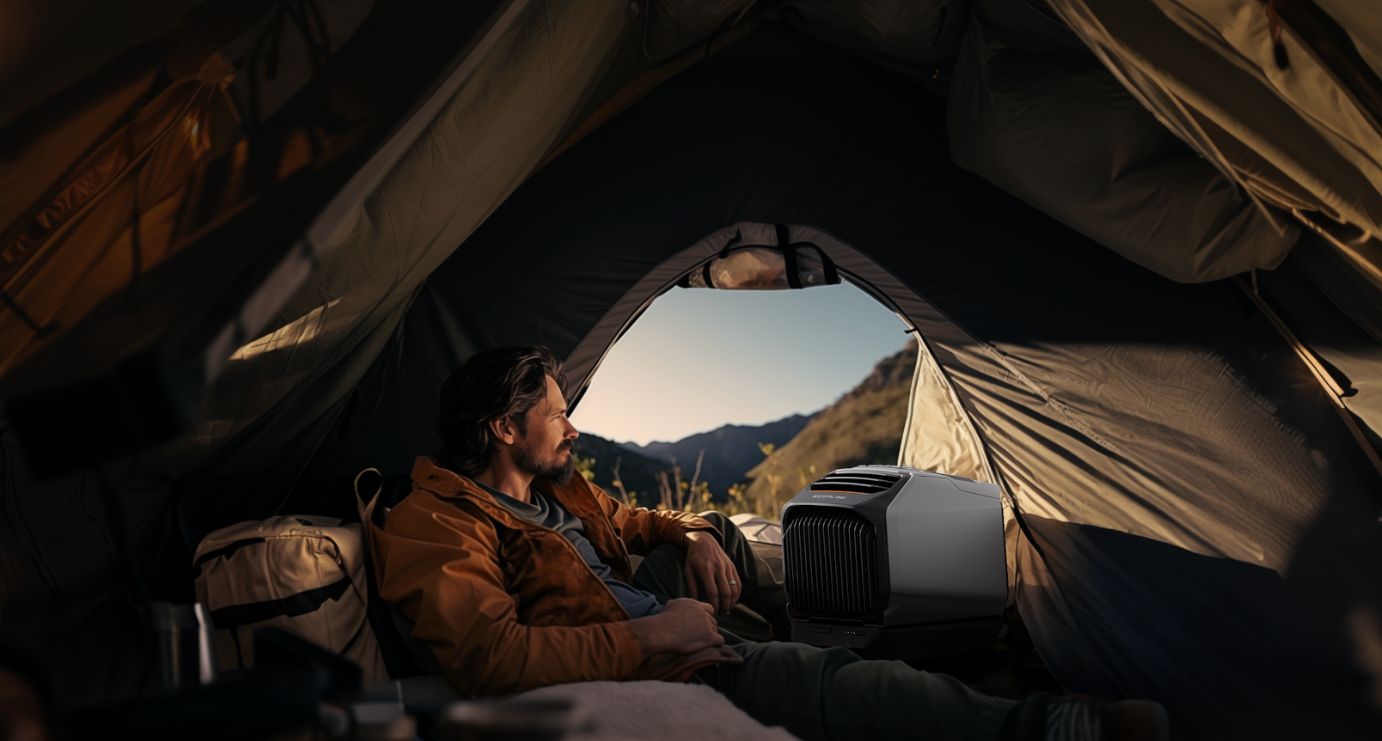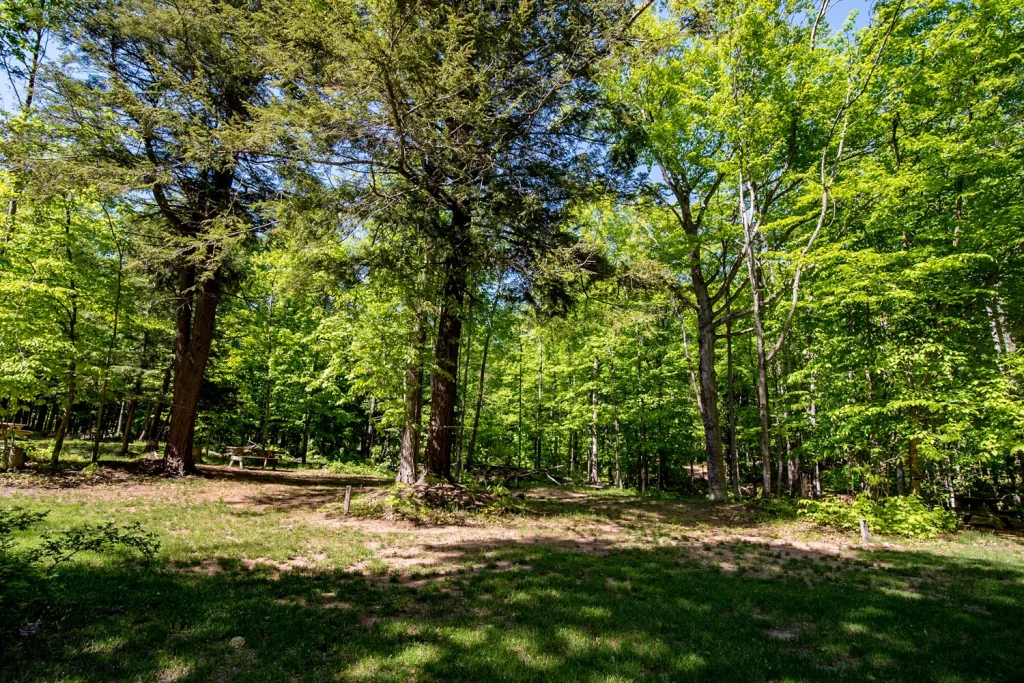Are you planning a camping trip and wondering if tent camping sites have electricity? This question is more important than you might think.
Knowing whether you can plug in your devices or charge your phone can change how you pack and what you expect from your outdoor experience. Imagine arriving at your site, only to find out you can’t power your lights or cook your meals the way you planned.
That’s why it’s crucial to get the facts before you go. Keep reading to discover everything you need to know about electricity at tent camping sites and how it can impact your adventure.

Credit: koa.com
Electricity Availability At Tent Sites
Many campers wonder if tent camping sites have electricity. The answer depends on the type of campground. Some sites offer power outlets, while others do not.
Knowing about electricity availability can help you plan your trip. It affects what gear you bring and how you use your devices.
Common Practices At Campgrounds
Most developed campgrounds provide electricity at some tent sites. Campers can use it for lights, cooking equipment, and charging devices.
Electricity is usually offered through standard power outlets near the campsite. It may require an adapter or extension cord for easy use.
- Electricity is common in family and RV campgrounds
- Some sites have limited power, like 15 or 30 amps
- Electricity may cost extra or be included in fees
- Sites without electricity are often cheaper
Differences Between Campgrounds And Backcountry
Backcountry camping means camping far from roads and facilities. These sites almost never have electricity available.
Campgrounds near roads usually have electricity. Backcountry sites focus on nature and low impact, so they avoid power hookups.
- Campgrounds often have power outlets at tent sites
- Backcountry sites rely on natural light and battery power
- Backcountry camping requires careful planning for power needs
- Campgrounds support more electronics and appliances
Types Of Electrical Hookups
Tent camping sites sometimes offer electricity for campers. This helps power small devices and lights. Different types of hookups provide various levels of power.
Knowing the types of electrical hookups can help you prepare your camping gear. It also helps you choose the right campsite for your needs.
Standard Power Outlets
Many tent camping sites have standard power outlets. These outlets usually provide 110-120 volts of electricity. Campers can plug in small appliances like lights and chargers.
Power outlets are often located at individual campsites or in common areas. They may have limits on how much power you can use. Always check the site rules before plugging in devices.
- Provide 110-120 volts
- Used for lights, phone chargers, small appliances
- May have time or power limits
- Located at campsites or shared areas
Solar And Alternative Energy Options
Some campsites offer solar power or other alternative energy options. These are eco-friendly ways to get electricity. Solar panels convert sunlight into usable power.
Campers can also bring portable solar chargers or batteries. This allows power in remote areas without traditional outlets. These options are quiet and do not pollute.
- Solar panels convert sunlight to electricity
- Portable solar chargers are easy to carry
- Good for remote or off-grid camping
- Quiet and eco-friendly energy source
Benefits Of Electricity At Tent Sites
Having electricity at tent camping sites makes camping easier and safer. Many campgrounds offer power outlets for tents.
Electricity helps campers enjoy modern comforts while still being close to nature.
Lighting And Convenience
Electricity provides bright and steady light at night. This helps campers see paths and set up tents after dark.
Using electric lights is safer than candles or gas lanterns. It reduces fire risk and makes camping more comfortable.
- Bright LED lights keep the campsite well-lit
- Electric lamps do not produce smoke or fumes
- Easy to turn on and off with switches
Charging Devices And Appliances
Electricity lets campers charge phones, cameras, and other devices. This keeps communication and navigation tools ready.
Campers can also power small appliances like fans and cooking devices. This adds comfort without needing batteries.
- Charge phones and GPS devices
- Power electric cooking equipment
- Run fans or small heaters safely
Challenges Without Electricity
Tent camping sites often lack electrical hookups. This can make camping more difficult for some people. Electricity powers many modern tools and comforts.
Without electricity, campers must find other ways to do simple tasks. This requires extra planning and creativity.
Limited Lighting Options
Without electricity, campers cannot use electric lights. This limits visibility at night and can affect safety. Campers rely on flashlights, lanterns, or candles.
These light sources have shorter range and may run out of power quickly. It is important to bring enough batteries or fuel. Setting up lights carefully helps avoid accidents.
- Use LED flashlights for longer battery life
- Bring extra batteries or fuel for lanterns
- Place lights near walking paths and tent entrances
- Avoid open flames inside tents to prevent fires
Managing Food And Electronics
Without electricity, keeping food fresh is a challenge. Refrigerators and freezers are not available. Campers use coolers with ice to store perishable items.
Charging phones and other electronics is also difficult. Portable power banks or solar chargers can help. Campers must limit electronic use to save battery.
- Use coolers with plenty of ice packs for food
- Plan meals that do not need refrigeration
- Bring portable battery chargers for devices
- Turn off electronics when not in use to save power
Tips For Camping Without Electricity
Many tent camping sites do not have electricity. Camping without power can be a fun challenge. It helps you connect with nature and relax.
You need to plan well to stay safe and comfortable. This guide shares useful tips for camping without electricity.
Essential Gear For Off-grid Camping
Good gear makes camping without electricity easier. Bring tools that do not need power to work well. Choose items that save energy and last long.
- Battery-powered or solar lanterns for light
- Portable camping stove or grill for cooking
- Extra batteries and power banks for small devices
- Water containers and filters for clean drinking water
- Warm sleeping bags and insulated pads
Safety And Comfort Measures
Staying safe is very important when camping off-grid. Keep your campsite clean and organized. Prepare for weather changes and wildlife.
- Keep a first aid kit handy
- Store food in sealed containers to avoid animals
- Set up your tent away from hazards like dead trees
- Wear layers to stay warm when it gets cold
- Use insect repellent to avoid bites
- Bring enough water and know your water source

Credit: www.popularmechanics.com
How To Find Campsites With Electricity
Many people wonder if tent camping sites have electricity. Some campsites offer electric hookups for tents. Finding these spots can make camping easier and more comfortable.
This guide will help you find campsites that provide electrical connections. Knowing where to look saves time and effort.
Using Online Resources
Online websites and apps list campsites with their features. You can search for sites that offer electricity. Many sites let you filter your search by amenities.
These tools often include reviews and photos. They help you decide if a campsite fits your needs.
- Visit camping directories like Recreation.gov or ReserveAmerica
- Use apps like Campendium or AllStays to find electric sites
- Check campground websites for detailed information
- Read user reviews for real experiences
Contacting Campground Management
Calling or emailing the campground is a direct way to confirm electricity availability. Staff can tell you which sites have power hookups.
Ask about the type of electrical service and if you need special adapters. This ensures you bring the right equipment.
- Ask if tent sites have electrical outlets
- Inquire about the voltage and plug types
- Check if there are extra fees for electricity
- Confirm reservation rules for electric sites

Credit: www.ecoflow.com
Frequently Asked Questions
Do All Tent Camping Sites Have Electricity?
Not all tent camping sites provide electricity. Some campgrounds offer electric hookups, while others remain primitive. It’s crucial to check the amenities of the specific site. Campgrounds in national parks and forests might lack electricity. Always verify beforehand to ensure your camping needs are met.
How Can I Find Campsites With Electricity?
Search online for campgrounds offering electric hookups. Websites like ReserveAmerica and Recreation. gov provide detailed amenities information. Reviews and campground websites can also help. Always check for electricity availability when making reservations. This ensures you select a site that meets your needs.
Is There A Cost For Electricity At Campsites?
Yes, many campsites charge for electricity use. Fees vary based on location and campground policies. Some sites include electricity in the camping fee, while others charge separately. It’s advisable to confirm costs in advance. This helps avoid surprises and budget accordingly.
What Equipment Is Needed For Campsite Electricity?
Bring extension cords and adapters for campsite electricity. These ensure compatibility with the site’s power outlets. A surge protector is also recommended. This protects your devices from power fluctuations. Always verify the power supply type and voltage before your trip.
Conclusion
Tent camping sites sometimes have electricity, but not always. Many sites offer power for lights and small devices. Others keep the experience natural, without electric hookups. Knowing this helps you pack right and plan well. Bring batteries or solar chargers for extra power.
Enjoy the outdoors and stay safe with proper gear. Camping can be fun, with or without electricity. Choose the site that fits your needs best.

